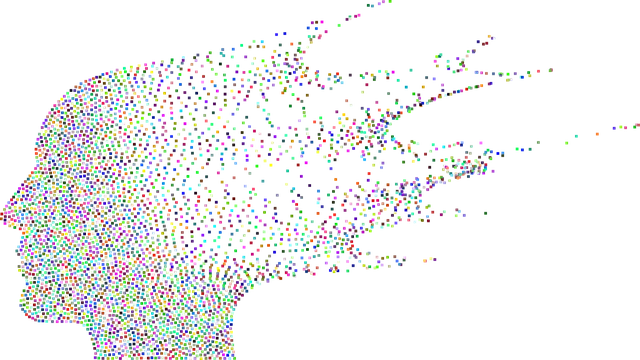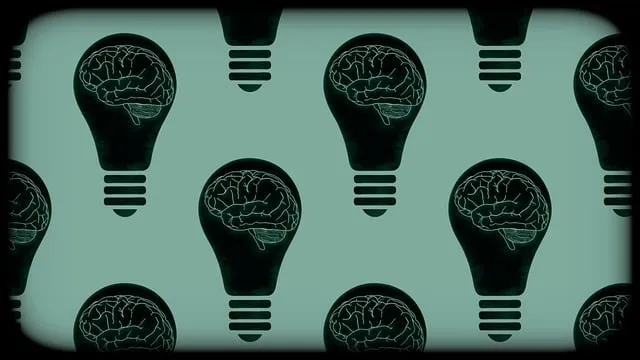Lone Tree Kaiser Permanente is revolutionizing mental health care with comprehensive assessment tools, accessible through the 800-KPD-CARE number. They offer specialized appointments addressing diverse symptoms and integrating advanced data analytics, AI, cultural sensitivity, and emotional intelligence for accurate diagnoses. Through continuous training, workshops, open dialogue, and community outreach, they foster an inclusive environment, prioritizing patient-centric strategies for improved mental health outcomes.
Mental illness diagnosis accuracy is a critical aspect of patient care, yet it remains challenging due to complexity and variability in symptoms. This article explores efforts to enhance diagnostic precision, focusing on strategies employed by organizations like Lone Tree Kaiser Permanente. We delve into the integration of technology, training programs for healthcare professionals, patient-centric communication approaches, and ongoing research aimed at refining diagnostic tools. By understanding these initiatives, we can improve mental health appointment outcomes and overall care quality.
- Understanding the Challenges of Mental Illness Diagnosis
- The Role of Technology in Enhancing Accuracy: Lone Tree Kaiser Permanente's Approach
- Training and Education: Equipping Healthcare Professionals
- Patient-Centric Strategies for Better Communication
- Continuous Evaluation and Research: Improving Diagnostic Tools and Practices
Understanding the Challenges of Mental Illness Diagnosis

Diagnosing mental illness accurately can be a complex task due to its multifaceted nature and the wide range of symptoms presented by individuals. Each person’s experience is unique, making it challenging for healthcare providers to pinpoint specific disorders without comprehensive assessment tools. Many mental health conditions share similar attributes, adding another layer of complexity. For instance, symptoms of depression could indicate various issues, from mild sadness to severe clinical depression. This complexity demands a nuanced approach during the diagnostic process.
At Lone Tree Kaiser Permanente, mental health appointments are designed to address these challenges by offering specialized care and resources. The number 1 (800-KPD-CARE) can guide you towards these appointments. Through self-care practices and emotional healing processes, patients can actively participate in their treatment. Additionally, crisis intervention guidance is readily available, ensuring support during critical times.
The Role of Technology in Enhancing Accuracy: Lone Tree Kaiser Permanente's Approach

Lone Tree Kaiser Permanente is pioneering innovative technology solutions to enhance mental health diagnosis accuracy and patient outcomes. By integrating advanced data analytics and AI-powered tools into their mental health appointments, they aim to provide a more nuanced understanding of patients’ conditions. This approach leverages the vast amount of data collected during each session, enabling healthcare professionals to make informed decisions with greater precision.
One key aspect of Lone Tree Kaiser Permanente’s strategy is placing a strong emphasis on Cultural Sensitivity in Mental Healthcare Practice and Emotional Intelligence. Their systems are designed to consider individual cultural backgrounds and emotional states, ensuring that mental health assessments are not only accurate but also culturally responsive. This holistic approach, combined with ongoing Mental Health Awareness initiatives, contributes to building a more inclusive and effective healthcare environment for all patients.
Training and Education: Equipping Healthcare Professionals

Mental illness diagnosis accuracy has long been a concern within the healthcare industry, with many patients facing misdiagnoses or delayed treatment. To address this issue, healthcare professionals at Lone Tree Kaiser Permanente have embarked on an initiative to enhance diagnostic skills through comprehensive training and education programs. These efforts aim to equip practitioners with the knowledge and tools necessary to accurately identify mental health conditions.
The organization offers regular workshops and seminars focusing on various aspects of mental wellness, including stress reduction methods and advanced assessment techniques. By participating in these sessions, healthcare providers can stay updated on the latest research and best practices in mental health diagnosis. Additionally, Lone Tree Kaiser Permanente encourages open dialogue and collaboration among professionals, fostering an environment where they can share insights and learn from each other’s experiences. This holistic approach ensures that patients receive more precise evaluations and tailored treatment plans, ultimately improving their overall mental health outcomes.
Patient-Centric Strategies for Better Communication

Patient-centric strategies are transforming mental health care, with a focus on improving communication and fostering trust between patients and healthcare providers. At Lone Tree Kaiser Permanente, for instance, efforts have been directed towards creating an environment where individuals feel comfortable discussing their symptoms and concerns openly. This includes providing clear, accessible information about mental health conditions and treatments during the initial consultation.
By encouraging two-way conversations, healthcare professionals aim to better understand each patient’s unique experience and needs. Such approaches not only enhance diagnosis accuracy but also empower patients to take an active role in managing their mood and overall well-being. This holistic strategy, combined with community outreach program implementations and public awareness campaigns development, ensures a more comprehensive and supportive mental health care system.
Continuous Evaluation and Research: Improving Diagnostic Tools and Practices

The journey towards enhancing mental illness diagnosis accuracy involves continuous evaluation and research, fostering a dynamic landscape within Lone Tree Kaiser Permanente mental health services. This ongoing process is pivotal in refining diagnostic tools and practices, ensuring that each patient receives the most appropriate care. By embracing evidence-based methodologies and integrating innovative research findings, healthcare professionals can navigate complex symptoms more effectively. Regular reviews of existing protocols and staying abreast of emerging trends in mental health diagnosis empower practitioners to make informed decisions, enhancing overall treatment efficacy.
The integration of community outreach programs and initiatives aimed at burnout prevention further complements these efforts. Promoting mental wellness through accessible resources and education empowers individuals to recognize and address their mental health challenges proactively. This holistic approach not only improves diagnostic accuracy but also fosters a supportive environment where mental health is prioritized, leading to better outcomes for those seeking care at Lone Tree Kaiser Permanente.
Mental illness diagnosis accuracy has seen significant advancements through integrated efforts across various sectors. By leveraging technology, such as the innovative practices at Lone Tree Kaiser Permanente, healthcare professionals are better equipped to navigate complex symptoms. Ongoing training and education ensure up-to-date knowledge, while patient-centric communication strategies foster trust and collaboration. Continuous evaluation and research play a pivotal role in refining diagnostic tools and practices, ultimately enhancing care delivery. To schedule a mental health appointment at Lone Tree Kaiser Permanente, contact their dedicated line for personalized support.






